Undersea Cable to Funnel 3 Gigawatts of Solar Energy From Egypt to Power Millions of European Households
One-third of the cable's supply will power Greek industry, another third will be exported to other European countries Bulgaria and Italy.
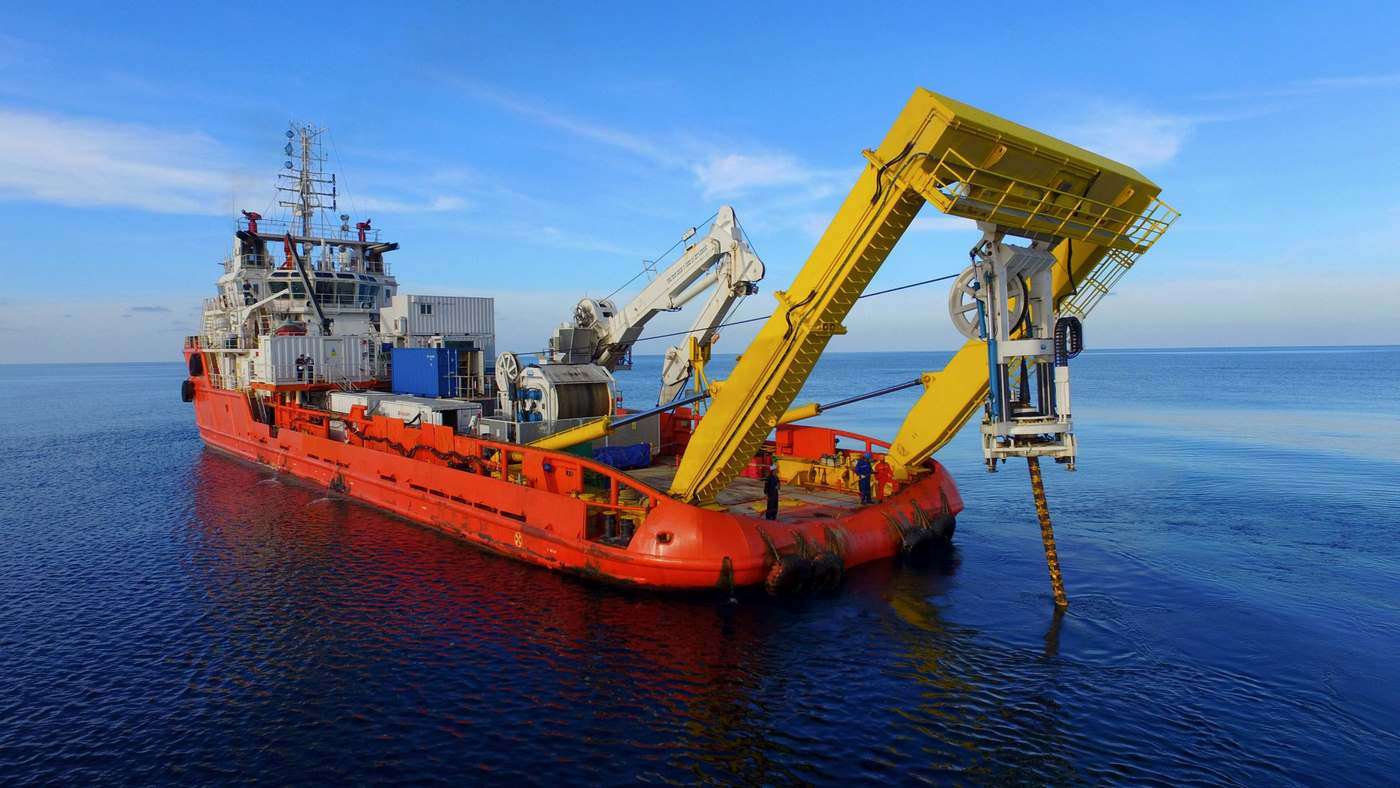
One-third of the cable's supply will power Greek industry, another third will be exported to other European countries Bulgaria and Italy.
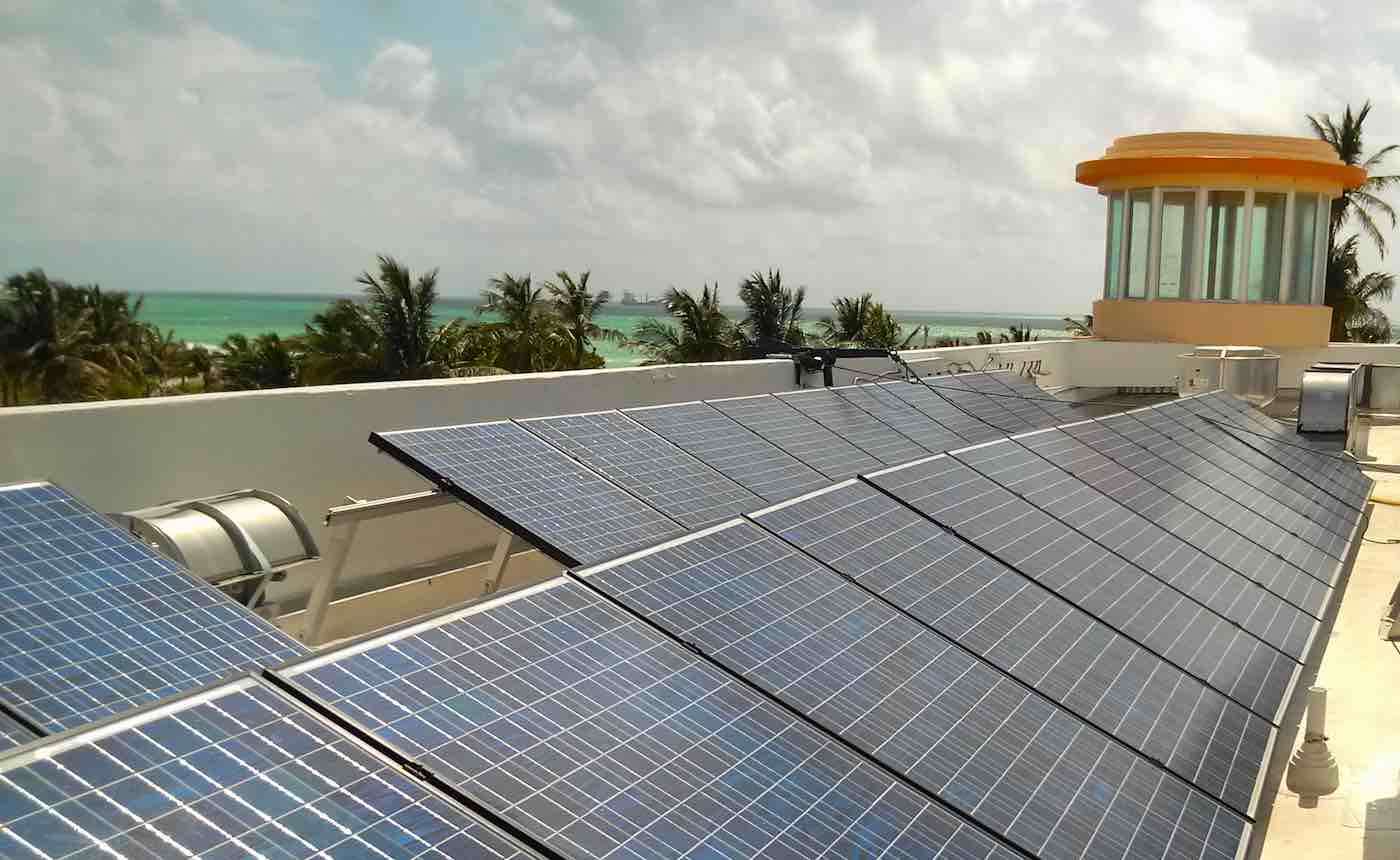
PV panels at the end of their lifespan will be worth more than $2.7 billion in 2030, compared to just $170 million this year.
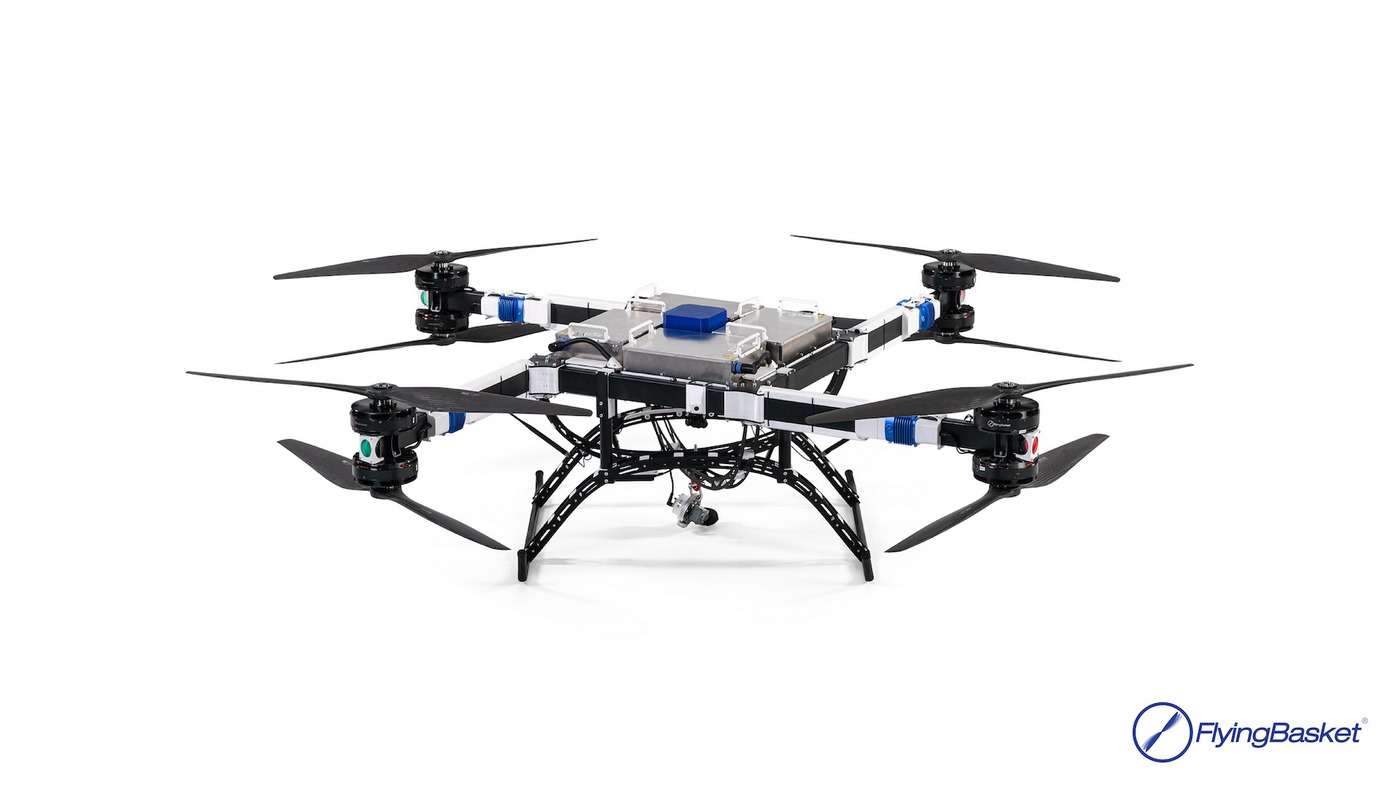
FlyingBasket sees their drone as a great option for telecom companies who need to do repairs or installations on towers in cities
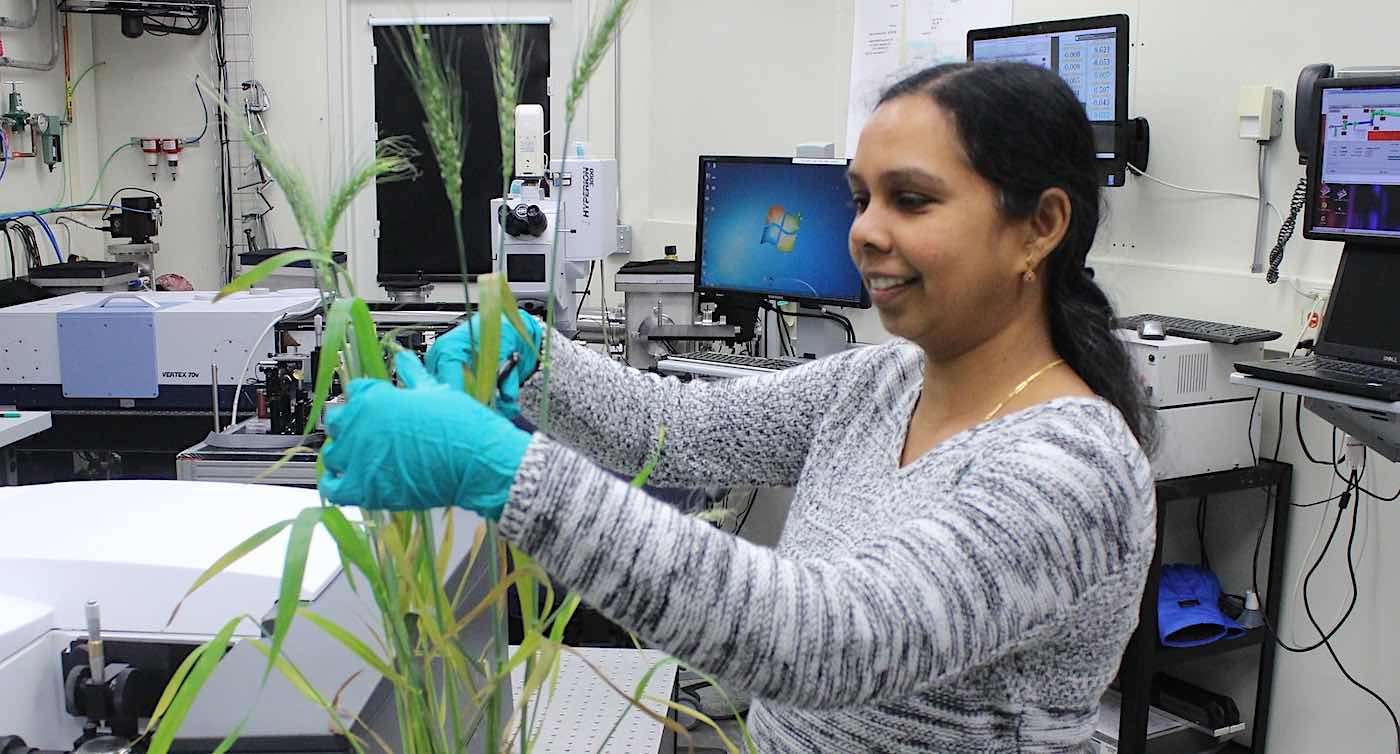
Huang noted that this process can also be used to restore soils damaged by over-farming, overuse of fertilizers, and climate change.
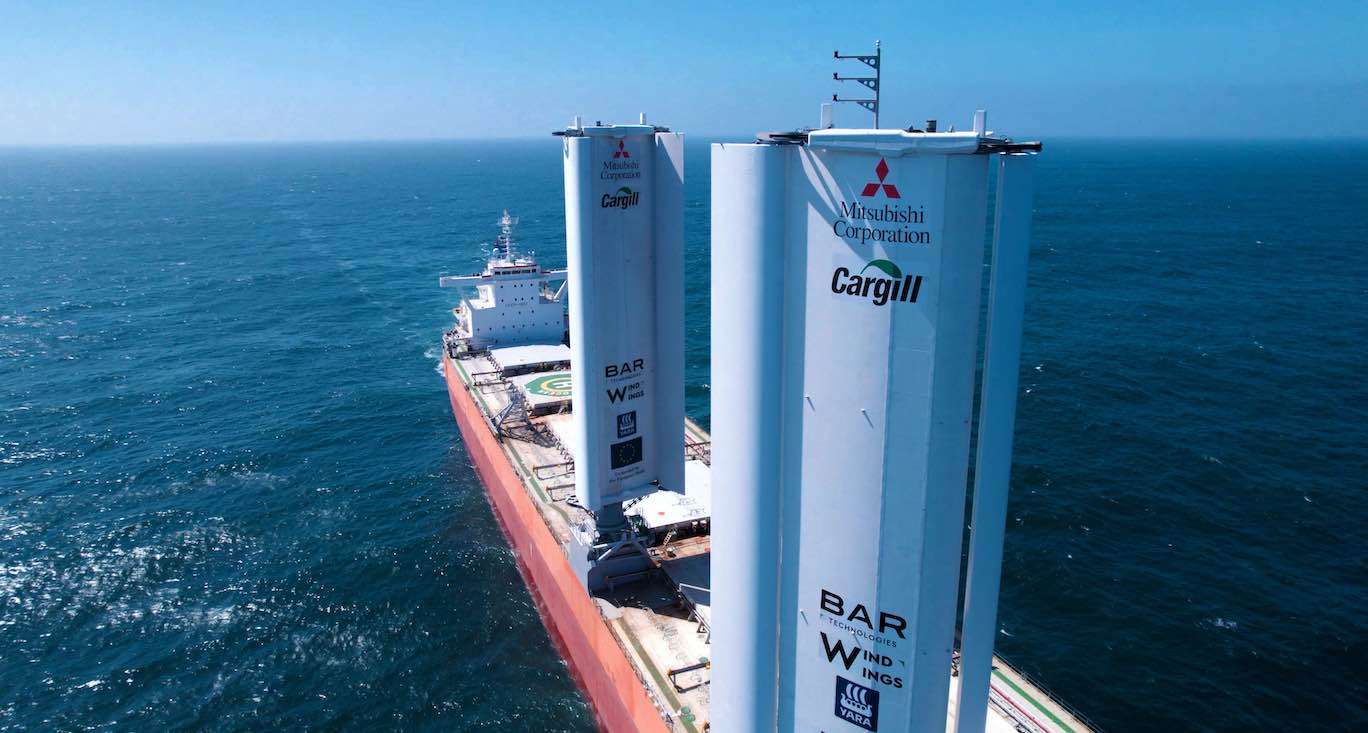
It seems a bit silly, but merchant shipping which long ago ditched its sails for internal combustion is now switching back
Sotheby's, which handled the sale, described the stone as exceedingly rare and the most valuable ruby ever to go under the hammer.
No jet or turbofan-powered aircraft crashed anywhere on Earth last year, and only 4 aircraft of smaller sizes crashed anywhere on Earth.
24 hours of extra shelf life on a batch of produce can mean the difference between a million dollars in loss or a million dollars in profit
AWI offers a license to use their patented method of harvesting caviar from live sturgeon in a method more akin to work in a maternity ward.
At the moment pure hydrogen is the best hypothetical solution for heavy machinery that require high-octane fuels like passenger jets.
More than one-third of the world's banks are committing to the sustainability goals that were set by the Paris Agreement.
With the steelmaking industry producing 7% of the world's CO2 emissions, this breakthrough from Germany could be pivotal in curbing its carbon footprint.
Since the shipping industry spans international territories, it has never been included on climate talks – until now.
Industrial production in the U.S. surged in April, with the data from factories, mines and utilities rising 1.1 percent, the strongest gain since December 2010 and well above expectations. Over the past 22 months, if you dive into the numbers, you'll notice several positive manufacturing trends, according to a new government report.
2012 has been the strongest year yet for the U.S. wind energy. The success of the federal Production Tax Credit and wind energy's increased affordability are helping drive wind turbine installations to record levels in 2012, said the American Wind Energy Association.
General Motors says it will spend $47 million at a factory in Defiance, Ohio, so it can build more parts that go into the company's small four-cylinder engine and its Chevrolet Volt electric car. Additionally, GM will invest $20 million in machinery and equipment at its assembly plant in Kansas City, Kansas, part of a plan to invest $2 billion in 17 U.S. plants.
Scientists in Denmark have built a device designed to clean polluted air by accelerating natural atmospheric processes, helping to get rid of chemicals and smells. That Atmospheric Photochemical Accelerator developed at Copenhagen University underwent six years of trials working atop a stinky industrial plant.
Imagine a machine that can turn almost anything into oil. Imagine that it uses natural processes like heat and pressure, and produces no pollution. Imagine recycling waste from landfills, refuse from poultry factories, sludge from city sewage, or even infectious medical waste. We now know it can be done.
The small city of Kalundborg, 64 miles west of Copenhagen, was the first municipality to have engineered a symbiotic relationship between all its industries so that the excess heat, water, waste and other resources leftover become feedstock for other industries and farms, creating a closed loop system.
Sometimes you have to dig for good news. And this is surely true in the real estate sector. There are some nuggets of good news buried in the latest housing data. Here are three encouraging trends.
Recent Stories
A Heartfelt Reminder to Appreciate the Ones We Love
Cherish the Woman Who Stands by You
Breaking Generational Cycles of Pain
Living by Your Own Values, Not Others' Approval
When Life Brings Rain, It’s Okay to Rest
Before You Judge Someone's Life, Take a Moment to Walk in Their Shoes.
A Friend Who Spreads Gossip is Not a True Friend at All
The Value of Human Connection Over Digital Convenience
The Quiet Kind of Love
One Day, Your Mom Won’t Call You Anymore
I’ve reached a point in my life...
Happiness is a mindset, a conscious choice we make every day